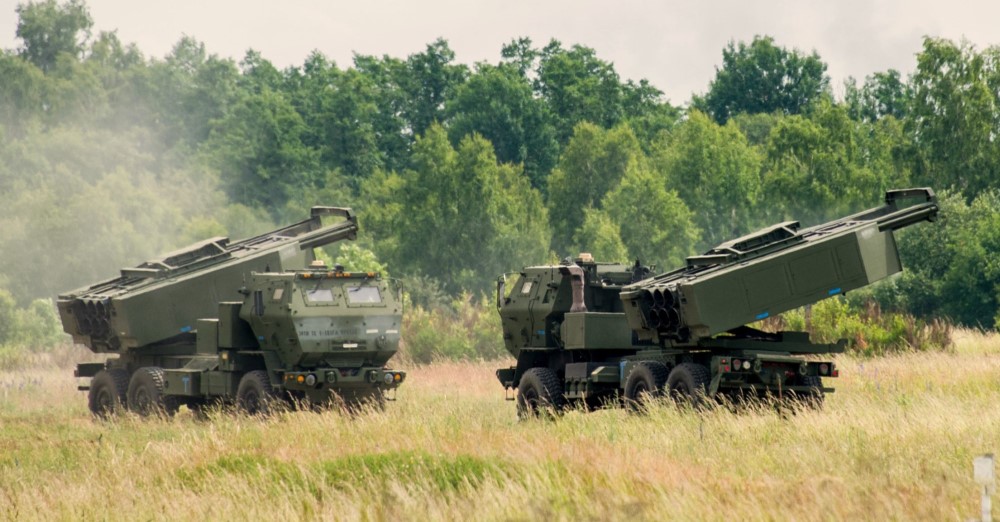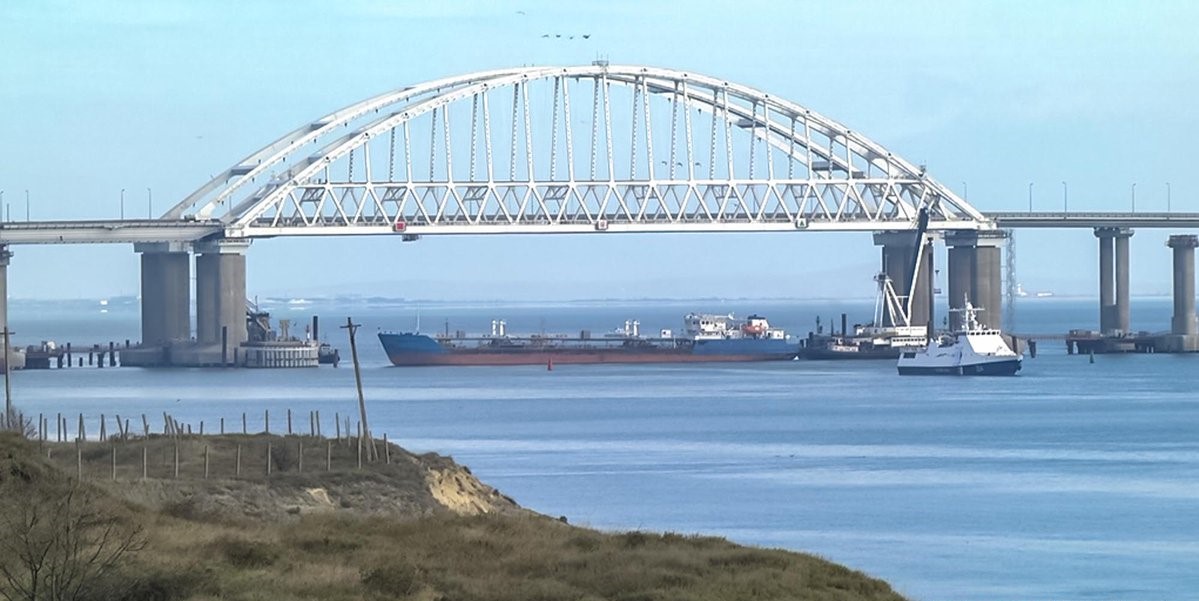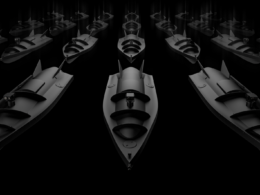Around 70 merchant vessels loaded with grain and other critical cargo have been unable to leave Ukrainian ports for the past three months due to the high danger of armed attack from Russian forces (Fakty.com.ua, May 9). Ukraine’s President Volodymyr Zelenskyy recently stated that 22 million tons of food products, including grain, barley, sunflower seeds and more, remain stuck in port (Ukrinform, May 21). On May 19, the CEO of the agricultural analytical company Gro Intelligence, Sarah Menker, testified before the United Nations Security Council that the world has only ten weeks of stored wheat reserves left in warehouses. One reason for this crisis is the Russian war of aggression against Ukraine (UNIAN, May 25). Achim Steiner, the administrator of the United Nations Development Program, told an audience at the World Economic Forum in Davos that the inter-related crises in food, fuel and finance, caused or exacerbated by the war in Ukraine, threaten to provoke unrest in poor countries and could lead to financial default in more than 70 states (UNIAN, May 25).Russia’s blockade of Ukrainian ports is contributing to a growing human calamity that extends far beyond the immediate region (see EDM, March 18).
Ukraine urgently needs Marshall plan and NATO presence on the Black SeaEarlier this month, UN Secretary General António Guterres announced talks to unblock grain exports from Ukraine and called on Russia to allow the grain to be exported from Ukrainian ports (Unn.com.ua, May 19). At the same time, Senegalese President Macky Sall, who holds the chairmanship of the African Union, intends to hold talks in Moscow and Kyiv in the coming weeks. After meeting in Dakar with German Chancellor Olaf Scholz, Sall stressed that the African Union is seeking a ceasefire in Ukraine and hopes to help in the fight against high energy and food prices (Zerkalo Nedeli, May 22).
To do so, the country critically needs to develop a sea denial capability to mitigate Russian regional naval dominance and continued aggression against Ukrainian maritime interests. First of all, Ukraine needs to acquire somewhere around 100 anti-ship missiles to deter the Russian surface fleet involved in the sea blockade. Recent news about Denmark’s intention to provide Ukraine with a Harpoon coastal missile battery, if it happens, would help in this regard (NV, May 23).Whether or not these political and diplomatic efforts can make any progress, they will have a limited effect unless Ukraine is able to fully defend its sovereignty and territorial integrity at sea.
Threatening Kherson farmers, Russian troops steal grain from UkraineAnother indispensable capability for Ukraine is to neutralize Russian coastal missile systems based in Crimea. And the most appropriate Western weapons complexes for this task are the interoperable High Mobility Artillery Rocket System (HIMARS) and ML270 Multiple Launch Rocket System (MLRS). When armed with the MGM-140 Army Tactical Missile System (ATACMS), a HIMARS or ML270 launcher would be able to destroy the enemy’s shore-based targets within a range of 300 kilometers. Ukrainian civilian and military officials are vigorously requesting these systems from the United States and other Western partners (BBC News—Ukrainian service, May 21). When located along the shore, these mobile surface-to-surface missile complexes would significantly boost Ukraine’s ability to deter Russian naval forces, unblock Ukrainian seaports and, at least partially, ensure the security of sovereign Ukrainian waters in the Black Sea. This would be a minimum prerequisite for vessels loaded up with grain exports to navigate out from Ukrainian ports or for supply ships to come in.
This would require collaboration between Ukraine, Romania, Bulgaria and Türkiye to establish protective naval convoys for the grain ships. But two decades of intensive cooperation among their navies over the last couple decades could presumably facilitate and quicken this process (Obozrevatel.com, May 24). Locating this humanitarian corridor inside the territorial waters of the above four states would help mitigate the threat from Russian submarines, which have a limited ability to operate in shallow waters; moreover, the littoral states would be able to engage more air and ground-based military assets against them. On the other hand, a maritime route that traverses the deep central part of the Black Sea would necessitate significantly greater support from the Turkish Navy.An optimal solution, from a security perspective, would be the establishment of a maritime “humanitarian corridor” through the territorial waters of the western Black Sea countries, all the way to the Turkish Straits.
NATO as a collective organization continues to be extremely cautious about militarily intervening in Russia’s war against Ukraine (Liga.net, May 25). Perhaps, impetus for creating a naval coalition to escort Ukrainian grain convoys could be strengthened by giving it the status of a UN humanitarian mission, which might even encourage NATO forces to join this operation. But Russia, as a veto-wielding permanent UN Security Council member, would likely block such an initiative.A much-discussed idea at present is participation by the North Atlantic Treaty Organization (NATO) in “de-blockading” Ukrainian ports, but the likelihood that non-littoral Alliance ships would become involved is extremely low.
Ukraine’s own ability to secure and control its sovereign waters and ports is, thus, the initial priority and the key to breaking Russia’s naval blockade. Ukraine needs a convincing sea denial capability, which will require assistance from its strategic international partners to develop. But time is running critically low.
Read More:
- Ukraine urgently needs Marshall plan and NATO presence on the Black Sea
- Threatening Kherson farmers, Russian troops steal grain from Ukraine
- China may help Russia’s navy in Azov, Black and Caspian seas by deepening and widening Volga-Don Canal
- Russia’s war destroys Ukraine’s economy, spurs global food and economic crisis
- Lviv Garrison Church chaplains help soldiers find God amid war. And a pair of good boots
- “With start of invasion, foreign firms started selling us sh*t.” How Ukraine’s top military charity saves lives today
- Those attempting to save Putin’s face risk losing theirs
- Hungary can switch to non-Russian oil in less than a year, energy expert claims




